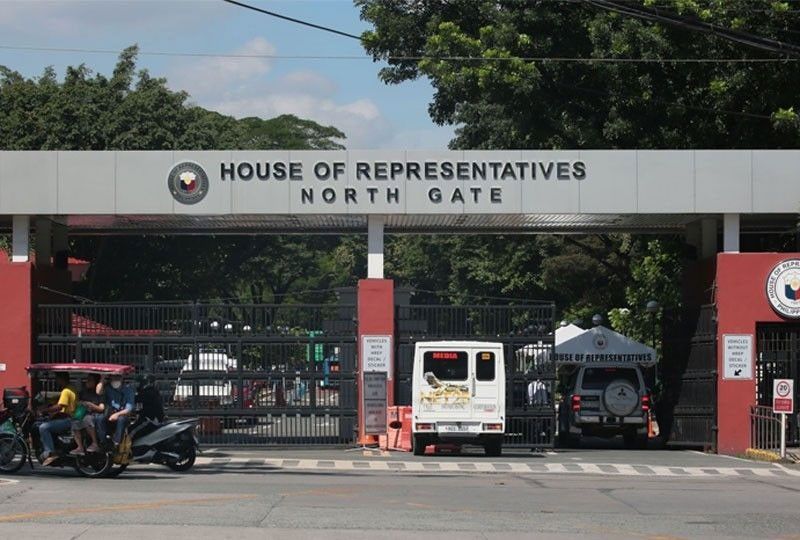‘House being faithful to provision on Cha-cha voting’

MANILA, Philippines — Leaders of the House of Representatives are standing pat on Resolution of Both Houses 7, their version of economic Charter change, stating that the crucial issue of voting is clearly stipulated in the 1987 Constitution.
Senior Deputy Speaker and Pampanga 3rd District Rep. Aurelio Gonzales Jr. and Tingog party-list Rep. Jude Acidre said that unlike the Senate’s Resolution of Both Houses No. 6, which introduced the phrase “each House voting separately,” the House version fully complies with the law.
“Those four words are not in the Constitution. Our colleagues in the Senate cannot and should not insist on that language. I am not a lawyer, but that is unconstitutional, as lawyers would say,” Gonzales argued.
“We in the House chose to be true to our basic law by quoting exactly what it says, no more, no less,” the House leader stated, citing the reason they had to drop such phrase in their RBH-7 even if theirs is “almost a word-for-word reproduction of RBH-6.”
The main authors of RBH-6 are Senate President Juan Miguel Zubiri and Senators Sonny Angara and Loren Legarda.
“We are just being faithful to the wordings in the Constitution. With all due respect to the Senate, we also have our own rules here,” Acidre maintained.
Gonzales reminded senators that the Constitution is “silent” on the manner of voting on any amendment to it.
“Our basic law does not say whether the House of Representatives and the Senate have to vote jointly or separately on Charter change,” he said.
To drive home his point, Gonzales quoted Section 1, Article 17 (Amendments and Revisions) of the Charter: “Any amendment to, or revision, of the Constitution may be proposed by: 1) The Congress, upon a vote of three-fourths of all its members…”
The House leader made the reminder in response to the statement of Sen. Jinggoy Estrada, who said on Wednesday that “we are very supportive but not with RBH-7, which says that we have to vote jointly, we have to vote separately…”
Estrada was referring to RBH-7, which Gonzales and other senior House leaders filed last Monday.
The resolution is almost an exact reproduction of the Senate’s RBH 6 which proposes amendments to certain economic provisions of the 1987 Constitution particularly on Articles 12 (ownership of public utilities), 14 (ownership of basic educational facilities) and 16 (advertising).
Blocking RBH-6
The two-member minority in the Senate will be able to block RBH-6, Sen. Risa Hontiveros said yesterday, as she opposed the Senate’s economic Charter change resolution.
“I doubt that the Senate already has the required 18 votes or three fourths of the Senate to approve the resolution. It is more accurate to say the minority has a fighting chance to get seven votes to block its passage,” Hontiveros said as she joined yesterday’s ecumenical rally against Charter change in Plaza Roma, Intramuros, Manila. — Evelyn Macairan, Marc Jayson Cayabyab
- Latest
- Trending




























